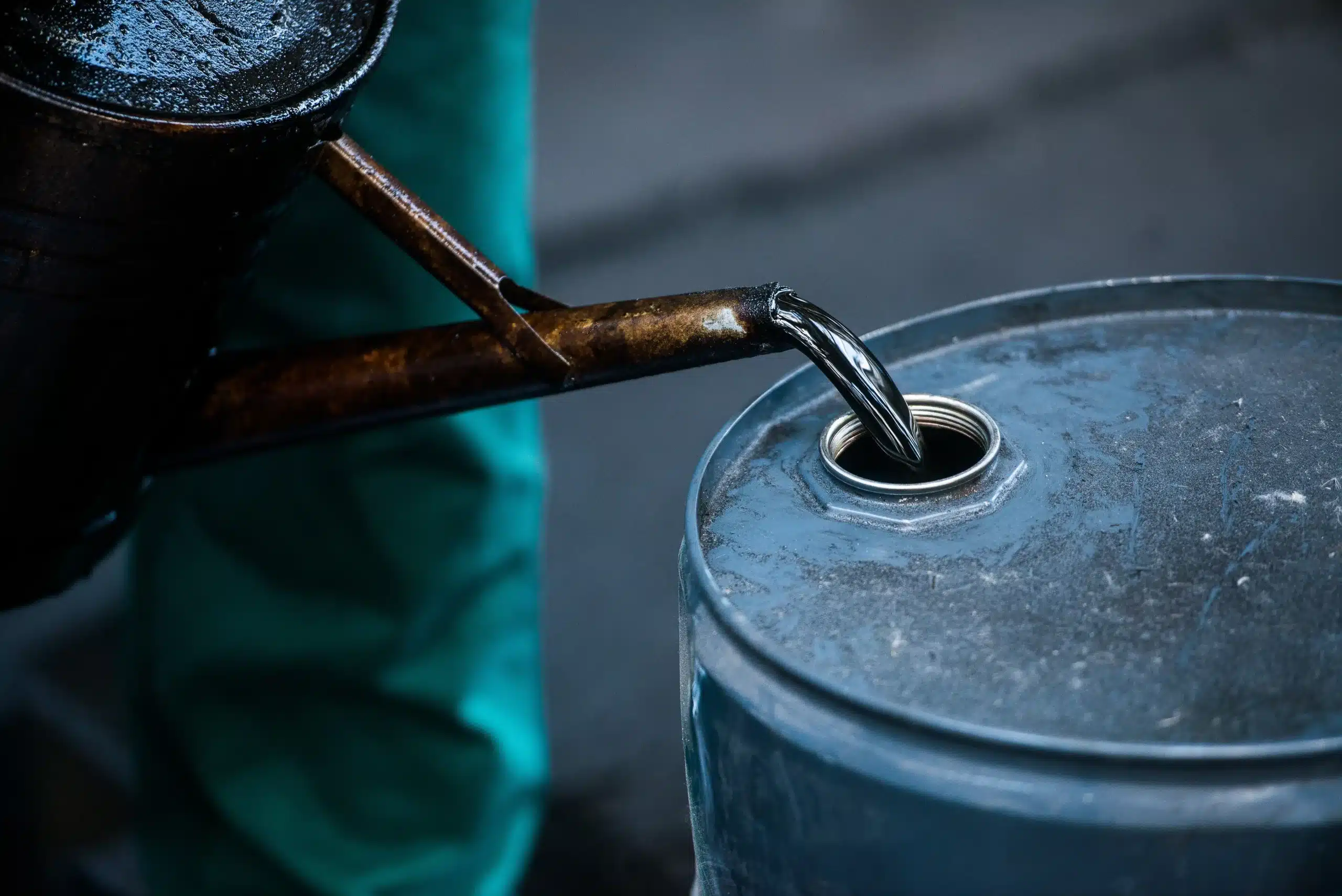The Petroleum and Natural Gas Senior Staff Association of Nigeria (PENGASSAN) and the Nigeria Union of Petroleum and Natural Gas Workers (NUPENG) have strongly rejected an alleged plan by the Federal Government to divest a significant portion of its stakes in Joint Venture (JV) oil assets operated with international oil companies.
The resistance comes in the wake of President Bola Tinubu’s recent directive for a review of the Nigerian National Petroleum Company Limited’s (NNPCL) 30% management fee and 30% frontier exploration deduction, as stipulated under the Petroleum Industry Act (PIA). The President had tasked the Economic Management Team to identify ways to optimise government revenue, improve fiscal responsibility, and reduce deductions from the Federation Account amid global economic challenges.
At a joint press conference held in Abuja on Tuesday, the leadership of both unions warned that any move to sell government stakes — reportedly by as much as 30–35% — would undermine national interest and jeopardise Nigeria’s economic sovereignty.
PENGASSAN President, Festus Osifo, and NUPENG President, Williams Akporeha, argued that such a sale would hand over strategic oil assets to foreign and private interests, weaken the NNPCL, and limit its capacity to support the naira in the foreign exchange market.
“Reducing government ownership in these assets would amount to mortgaging the country’s future for short-term financial relief,” Osifo said. “The NNPCL manages these Joint Venture assets on behalf of the Nigerian people, not just the Federal Government. Selling these stakes would mean the Federation loses out, and the national oil company becomes too weak to deliver on its mandate.”
Currently, the Federal Government holds between 55% and 60% equity in these JV assets through NNPCL.
The unions warned that divestment would severely impact NNPCL’s ability to meet essential obligations such as salary payments, staff welfare, and contributions to the national budget. They also alleged that the Ministry of Finance was attempting to remove the Ministry of Petroleum Resources from joint ownership of the NNPCL.
They further criticised proposed amendments to the Petroleum Industry Act, warning that frequent policy changes would damage investor confidence and send a negative signal about Nigeria’s regulatory stability.
“The PIA was enacted after decades of advocacy and negotiation. Investors are just beginning to align with it. Proposing another amendment now raises serious concerns,” Akporeha said. “Serious oil-producing nations strengthen their national oil companies. Here, we’re doing the opposite — stripping ours of its strategic value.”
The unions urged the Federal Government to halt any plans to reduce its stake in JV assets and prioritise long-term national interests over short-term fiscal gains.







